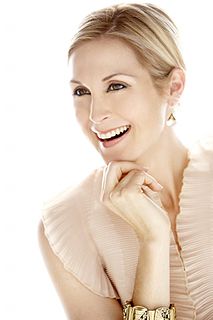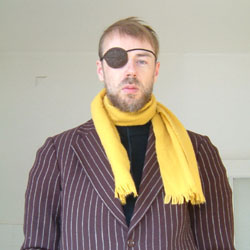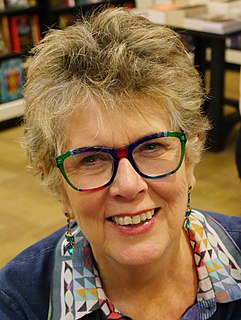A Quote by Harry Mathews
I'd been brought up on the Upper East Side in a WASP society, which was death on crutches.
Related Quotes
My grandfather and his wife came to America at the end of the 19th century from Hungary. Everyone started out on the Lower East Side. They became embourgeoise and would move to the Upper West Side. Then, if they'd make money, they'd move to Park Avenue. Their kids would become artists and move down to the Lower East Side and the Village.
Maybe it's the Calvinist guilt about capitalism or mercantilism. But, I like the idea of doing things that only exist for as long as they exist, which are not archives, which are not sold or prepared even. It's funny though, because a lot of my unreliable tours were inspired by the docents at the Japan Society, who are mostly these volunteers from the Upper East Side. They basically find positive messages in really nihilist, perverse videos. So they were my inspiration.
In this constant battle which we call living, we try to set a code of conduct according to the society in which we are brought up, whether it be a Communist society or a so-called free society; we accept a standard of behaviour as part of our tradition as Hindus or Muslims or Christians or whatever we happen to be.
These are such First World problems, but there's a certain claustrophobia to New York. You don't escape in the East Village, but it at least feels full of camaraderie and youth - or full of camaraderie and youth in an East Village that is as full of Chase banks and Starbucks as the Upper West Side, or anywhere else in Manhattan.

































